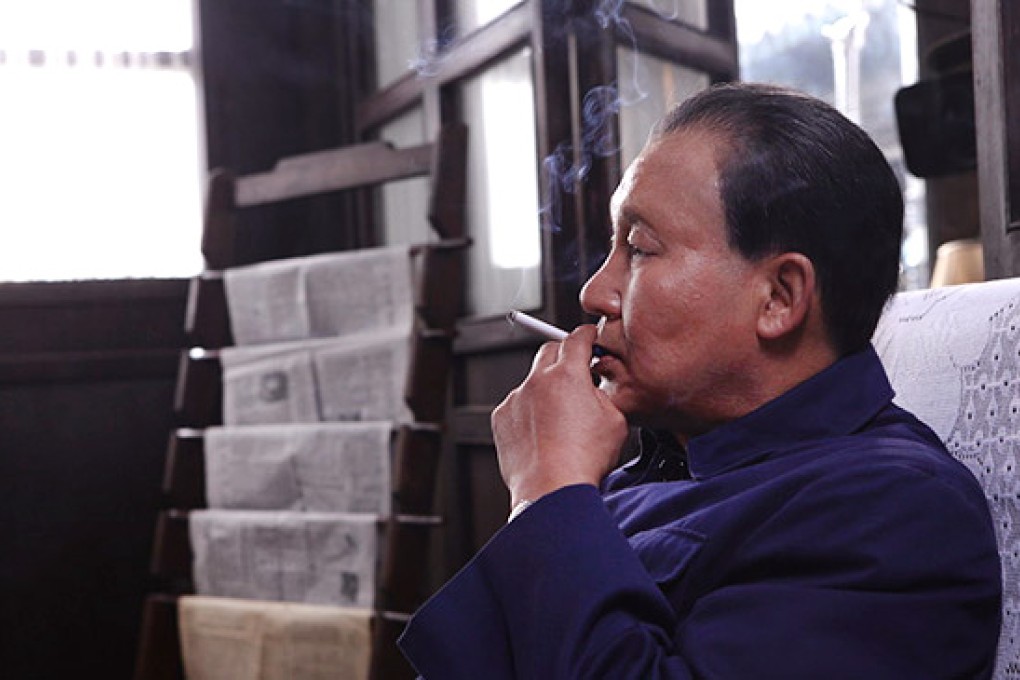Controversial Deng Xiaoping drama series is based on fact, say producers
The producers of a controversial television series about late leader Deng Xiaoping have hit back at online critics accusing the programme of rewriting history, saying the plot is based on fact.

The producers of a controversial television series about late leader Deng Xiaoping have hit back at online critics accusing the programme of rewriting history, saying the plot is based on fact.
Deng Xiaoping at History's Crossroads, a 48-episode drama that started airing in prime time on Friday on state broadcaster China Central Television, spans the time between the end of the Cultural Revolution in 1976 and 1984, the early days of the country's economic reform and opening up, Xinhua reported.
Mainland media said the show surprised many viewers with its novel portrayal of controversial political figures such as Hua Guofeng, Mao Zedong's successor, who was sidelined by Deng, and ousted liberal leader Hu Yaobang, whose death triggered the 1989 pro-democracy protests.

Some Weibo users accused the programme of making up history, while academics said the plot tried to whitewash Mao's legacy by distancing him from the Gang of Four.